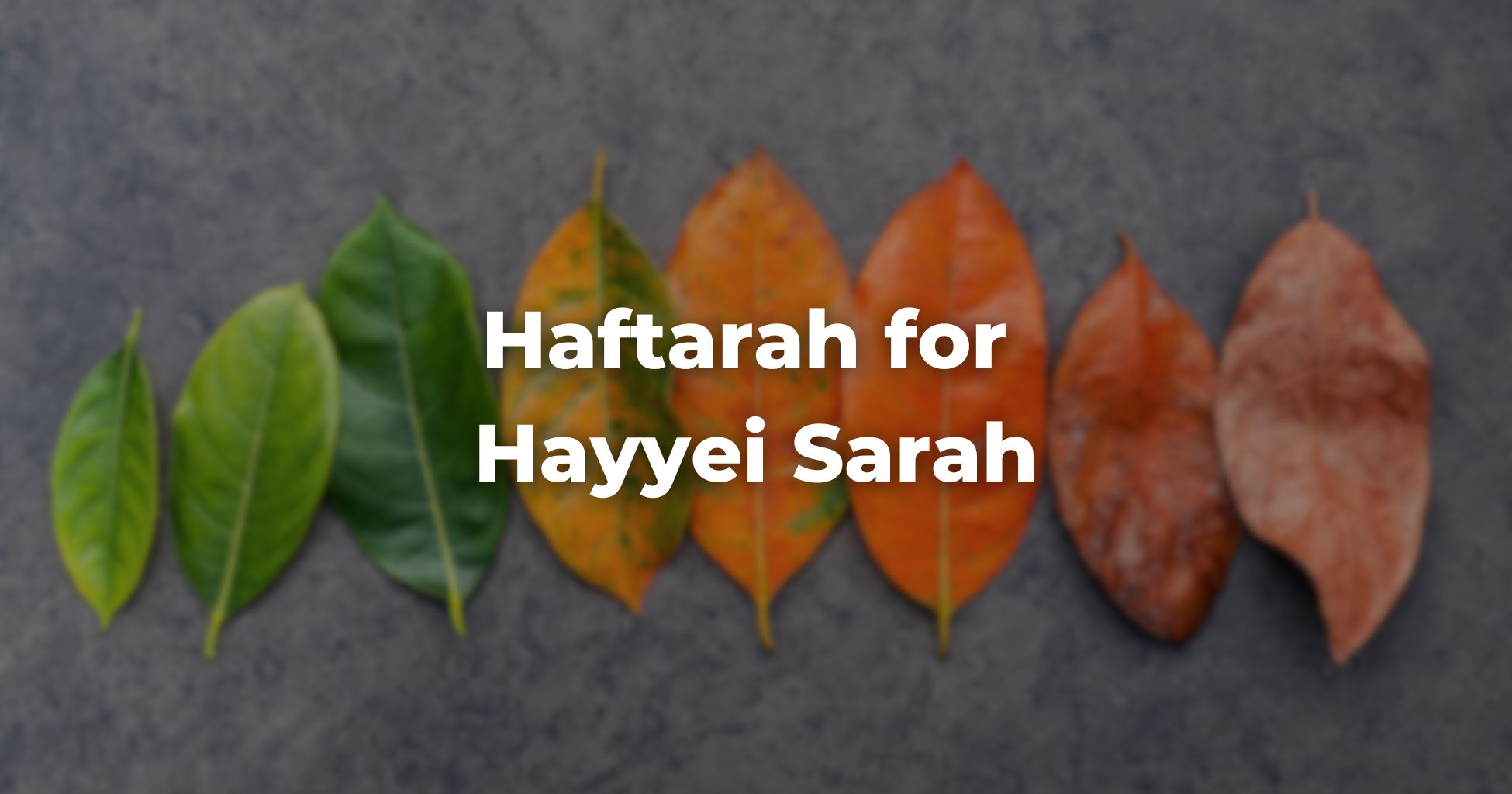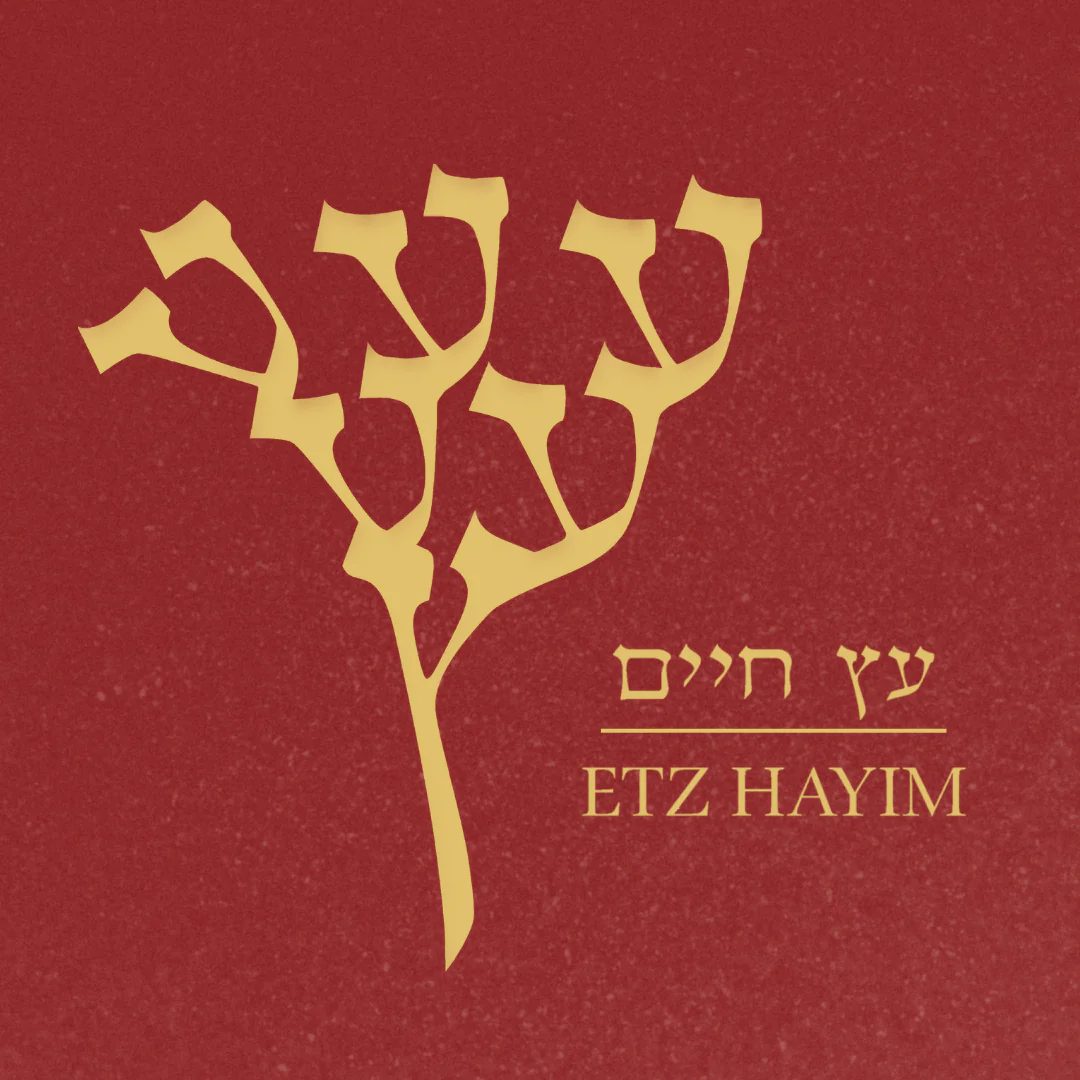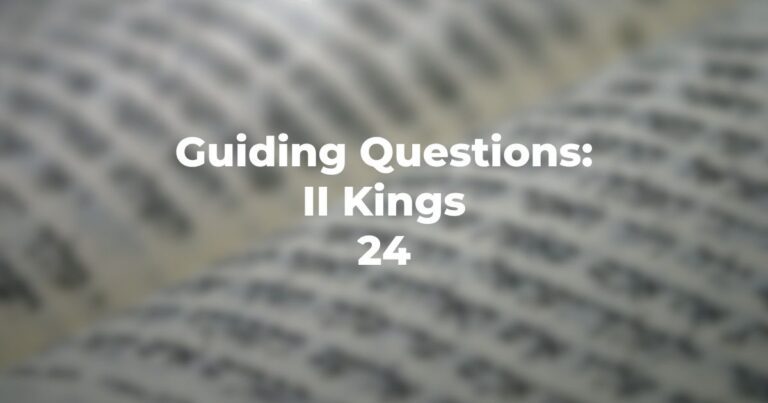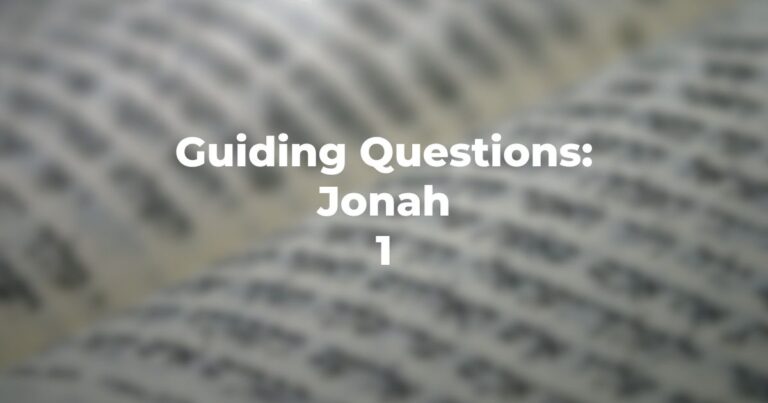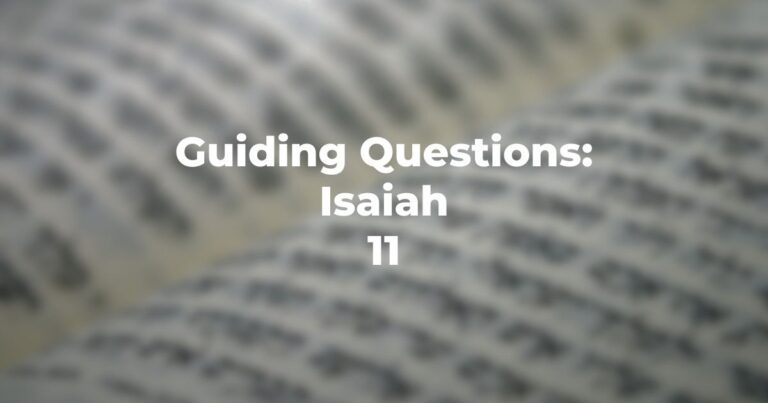1 Kings 1:1-31
This haftarah begins with an account of the last days of King David (c. 965 ʙ.ᴄ.ᴇ.), which yield anything but a harvest of honor. It records the power struggle for seizing the crown of the king, even as his blood is turning cold (1 Kings 1:1-4).
It seems that David never could escape the plots of his advisers and of his sons, in this case the scheming of his son Adonijah, who wanted to be king, versus the advisers who backed his son Solomon, the intended heir to the throne.
The narrative is structured and developed around pairs: David and Abishag (in the prologue), Nathan and Bathsheba, and Nathan and David (in the middle sections), and David and Bathsheba (in the epilogue).
The pivotal scene of the narrative is the encounter between David and Bathsheba, with Abishag present (1 Kings 1:15-21). The text initially states that the king “did not know” Abishag the Shunammite maiden (1 Kings 1:4). Bathsheba must now tell her husband what he “does not know”––that Adonijah has claimed the throne (1 Kings 1:18).
The narrator, clearly a master of thematic intonation, connects and counterpoises various other episodes as well, with consummate skill. Another example of the subtle texture of this haftarah is provided by the threads linking the verb shava (to swear an oath) with the name Bathsheba (Hebrew: Bat-sheva) (as in 1 Kings 1:28-29).
Relation of the Haftarah to the Parashah
The parashah and the haftarah are linked by the expression “old, advanced in years”(zaken ba ba-yamim) found in both Gen. 24:1 and 1 Kings 1:1, and by the theme of old age. Abraham and David represent two distinct models of aging.
The Abrahamic type enters old age with all the religious and moral integrity of his life intact. Thus, we see that Abraham, after the death of Sarah and the purchase of a family tomb (Genesis 23), “became old” and prepared for succession in his family.
He directed his servant to “swear” (v’ashbi·akha) that he would not allow Isaac to marry one of the Canaanite women but, rather, would procure a wife for him from Abraham’s homeland (Genesis 24:1-4).
The patriarch was active in securing a future that would continue the past. Being blessed by God with “all things” (ba-kol; Genesis 24:1), Abraham passed on to Isaac “all” (kol) he had (Genesis 25:5). This was his deposition before death, along with “gifts” to the children of his concubines (Genesis 25:6). Eliminating contention over the inheritance and preparing for new generations, Abraham died “in good ripe age” (seivah), “old and contented” (savei·a).
The harmony between a good old age and contentment (Genesis 25:8) suggests an integrated aging, a balance between his physical person and his spiritual self.
David entered old age in the atmosphere of a catastrophe. He spoke too soon when he boasted, in a poetic testament,
“Is not my House established before God? / For He has granted me an eternal pact, / Drawn up in full (ba-kol) and secured. / Will He not cause all (kol) my success / And [my] every desire to blossom?” (2 Samuel 23:5)
The story of David’s aging focuses on his physical debility and on the schemes of his dependents for securing their own stake in the future. Succumbing to infirmity, he did not “know” what was going on. His courtiers seem self-serving, and he himself represents all the frustrations of defunct power. David was a manipulator for most of his life, but his memory and pride were manipulated in his old age.
Stung by the disclosures of Nathan and of Bathsheba, David “swears” (va-yishava) that he will fulfill his “former” oath (1 Kings 1:29). Something of the old David has thus returned. Giving final vent to his complex personality, he transmits to Solomon some advice for survival: Observe the TorahRefers to the first five books of the Hebrew Bible, the Tanakh, also called the Five Books of Moses, Pentateuch or the Hebrew equivalent, Humash. This is also called the Written Torah. The term may also refer to teachings that expound on Jewish tradition. Read more, so that God will fulfill His promises to the dynasty, and kill the renegade soldier Joab, to secure the realm (1 Kings 2:1-5).
Both theological and political sensibilities marked the man. But his was a “fullness” (kol) of will and conceit, far removed from the noble “wholeness” of Abraham.
Author
-

Etz Hayim represents the Conservative / Masorti Movement’s reverence for tradition, profound commitment to scholarship and the unique understanding that both are essential to Jewish life. Published in 2001 in conjunction with the United Synagogue of Conservative Judaism, Etz Hayim is the most celebrated contemporary humashA collection of the Five Books of Moses, Pentateuch, or the Hebrew equivalent. Includes the haftarot readings, and usually contains some commentary. It is often used on Shabbat mornings to help follow the Torah reading. Read more. It features the renowned 1985 JPS translation, as well as an authoritative Hebrew text based on the Masoretic tradition. In the same year it was published, Etz Hayim: Torah & Commentary won a National Jewish Book Award for Non-Fiction.
View all posts

